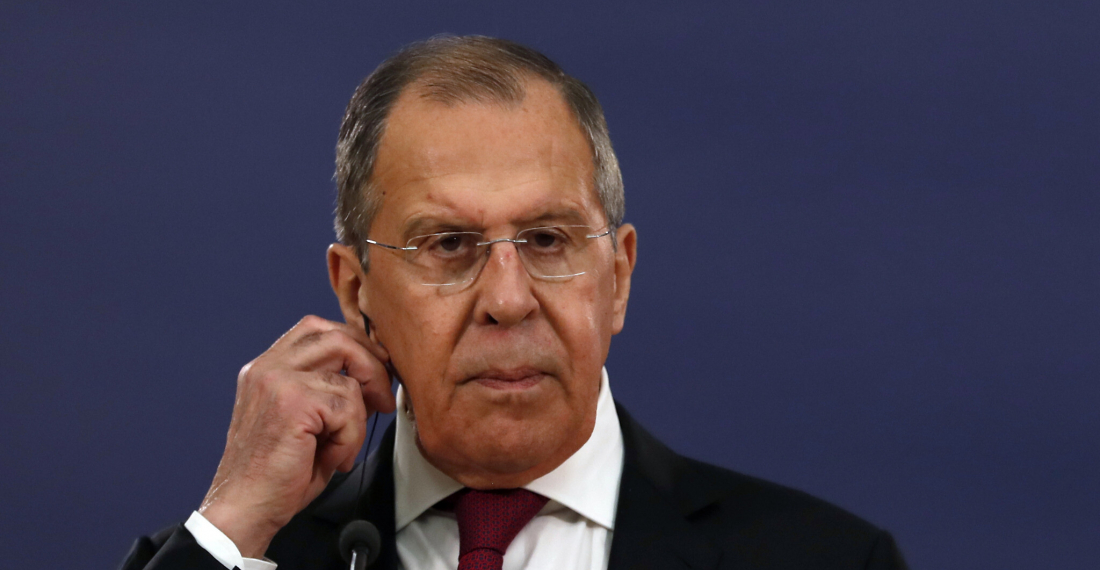Russian Foreign Minister, Sergey Lavrov, said that Moscow will reconsider its ties with the West after their reaction to Russia’s military actions in Ukraine. Lavrov stated that Russia would look to build a more robust and deeper relationship with China.
Speaking on Monday (23 May) at a press conference in Moscow, Lavrov denounced the Western condemnation of what Russia calls its “special military operation” in Ukraine, as “russophobia” and a “dictator’s position". Due to the imposition of sanctions on Russia as well as companies suspending operations in the country, Russia has lost necessary technologies and supply chain inputs. Commenting on this Lavrov said that Russia “must cease being dependent in any way on supplies of absolutely everything from the West for ensuring the development of critically important sectors for security, the economy or our homeland's social sphere.”
In turn Moscow has turned to Beijing. Lavrov said that Russia's "economic ties with China will grow even faster." While the Beijing-Moscow “special relationship” remains, Chinese companies, like their Western counterparts, have also been suspending operations in Russia, although not at the same rate. China, as the world’s second-largest economy, could play a significant role in replacing many of the technologies or inputs critical for the functioning of the Russian economy. However, China's distance from the economic centre of Russia in the western part of the country could reduce the effectiveness of Chinese imports. Despite the geographical distance, Lavrov sees the possible switch as a positive: “this is a chance to develop (Russia's) far east and eastern Siberia", he said.
Beijing has been cautious in its approach and response to Moscow’s military decisions by refusing to condemn or endorse the invasion, resorting instead to general statements about self-determination. However, it has made a point of strongly opposing Western sanctions. Closer Beijing-Moscow relations would have serious repercussions for both China, Russia, and global security.






